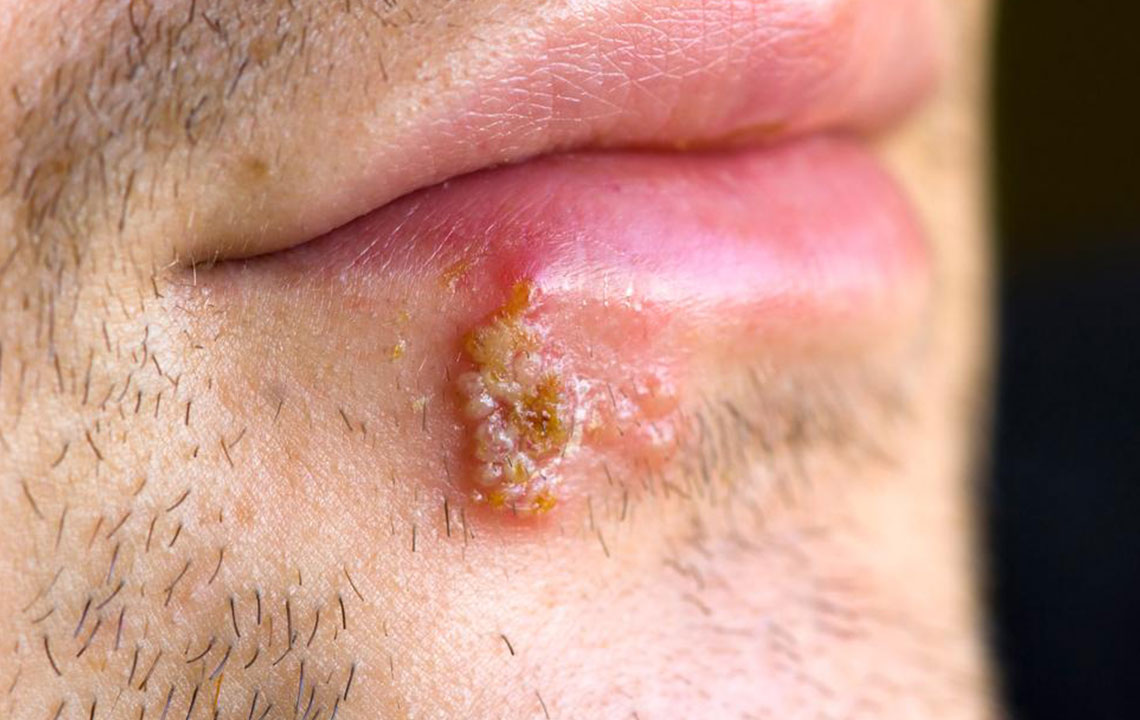The Complete Guide to Understanding, Managing, and Preventing Mouth Ulcers and Sores
This detailed guide provides comprehensive information on mouth ulcers, including types, causes, symptoms, effective treatment options, home remedies, and preventive tips. Understanding these aspects can help individuals manage and prevent discomfort caused by oral sores, enhancing overall oral health and well-being.

In-Depth Overview of Mouth Ulcers and Oral Sores
Introduction: Navigating the Discomfort of Mouth Ulcers
Mouth ulcers are a common ailment that can cause significant discomfort and affect everyday life. These sores or blisters, which often appear as painful red spots inside the mouth, can develop on the cheeks, gums, tongue, or roof and floor of the mouth. While usually benign, they can be recurrent and sometimes indicate underlying health issues. Understanding their symptoms, causes, and treatment options is essential for effective management and relief, improving quality of life for those affected.
What Are Mouth Ulcers and Sores?
Mouth ulcers are open sores that form inside the oral cavity and are one of the most frequent oral health problems worldwide.
They typically manifest as small, round or oval, red or white patches that can be tender or painful, especially during eating, drinking, or speaking.
These sores can appear on the inner cheeks, lips, gums, tongue, and the roof or floor of the mouth, and in some cases, can extend to the esophagus if severe.
Types of Mouth Ulcers and Sores
Canker Sores: These are small, painful ulcers that develop on the soft tissues inside the mouth, often near the gum line or inside the cheeks. They are not contagious but can cause significant discomfort during eating and speaking.
Cold Sores: Clusters of blisters caused by the herpes simplex virus, usually appearing around the lips or nose. These are highly contagious and tend to recur periodically.
While canker sores are common and non-contagious, cold sores are external and transmissible, requiring different management strategies.
How to Recognize and Diagnose Mouth Ulcers
Most mouth ulcers can be identified through visual inspection, as they exhibit distinctive appearances. Yet, persistent or severe sores warrant medical evaluation. Signs that merit professional diagnosis include:
White or yellowish sores that don't heal over time
Lesions that persist beyond two weeks
Recurrent sores or ulcers
Other symptoms like fever, sore throat, or swollen lymph nodes
Presence of herpes-like symptoms such as tingling or itching around the lips
Healthcare professionals may conduct physical examinations, diagnostic tests, or biopsies to determine the underlying cause, especially if ulcers are atypical or linked to systemic health concerns like immune deficiency or cancer treatment.
Common Causes of Mouth Ulcers
Accidental biting of the cheeks, lips, or tongue during eating or talking
Thermal burns caused by consuming hot foods, beverages, or spicy dishes
Irritation from dental appliances such as braces, dentures, or sharp-edged teeth
Use of tobacco products, including chewing tobacco or snuff
Harsh brushing habits or improper dental hygiene
Stress, hormonal changes, or nutritional deficiencies, particularly vitamin B12, iron, or folic acid deficiency
Underlying health conditions like Crohn’s disease, celiac disease, or autoimmune disorders
Medications or treatments such as chemotherapy or radiation therapy
Treatment and Management of Mouth Ulcers
Over-the-counter medications such as topical gels, ointments, or mouth rinses containing anti-inflammatory agents like benzocaine or corticosteroids
Analgesics like acetaminophen or ibuprofen to relieve pain
Applying topical numbing agents for immediate relief
Home remedies including saltwater rinses, cold compresses, and natural soothing agents
Home Remedies and Natural Treatments
Avoid spicy, salty, citrusy, or sugary foods that can exacerbate soreness
Refrain from alcohol and smoking, which can delay healing
Gargle with warm salt water multiple times daily to reduce inflammation and promote healing
Eat soft, cold foods such as ice, yogurt, or sherbet to minimize discomfort
Apply a paste made from baking soda and water directly on the sore for soothing relief
Use diluted hydrogen peroxide cautiously on the lesion to disinfect and promote healing
Preventive Measures for Mouth Ulcers
Limit intake of hot and irritating foods and beverages
Eat slowly and chew thoroughly to prevent accidental bites or trauma
Eat a balanced diet rich in vitamins and minerals to bolster immune health
Manage stress through relaxation techniques, meditation, or regular exercise
Practice good oral hygiene without aggressive brushing
Use lip balm or lip sunscreen to prevent lip ulcers caused by environmental factors
If prone to recurrent ulcers, consider consulting a healthcare provider for underlying diagnosis and preventive care
While most mouth ulcers resolve on their own within a week or two, persistent or severe cases should be evaluated by a healthcare professional to exclude infections, systemic diseases, or other serious conditions. Proper diagnosis and targeted treatment can help manage symptoms effectively and prevent recurrences.





